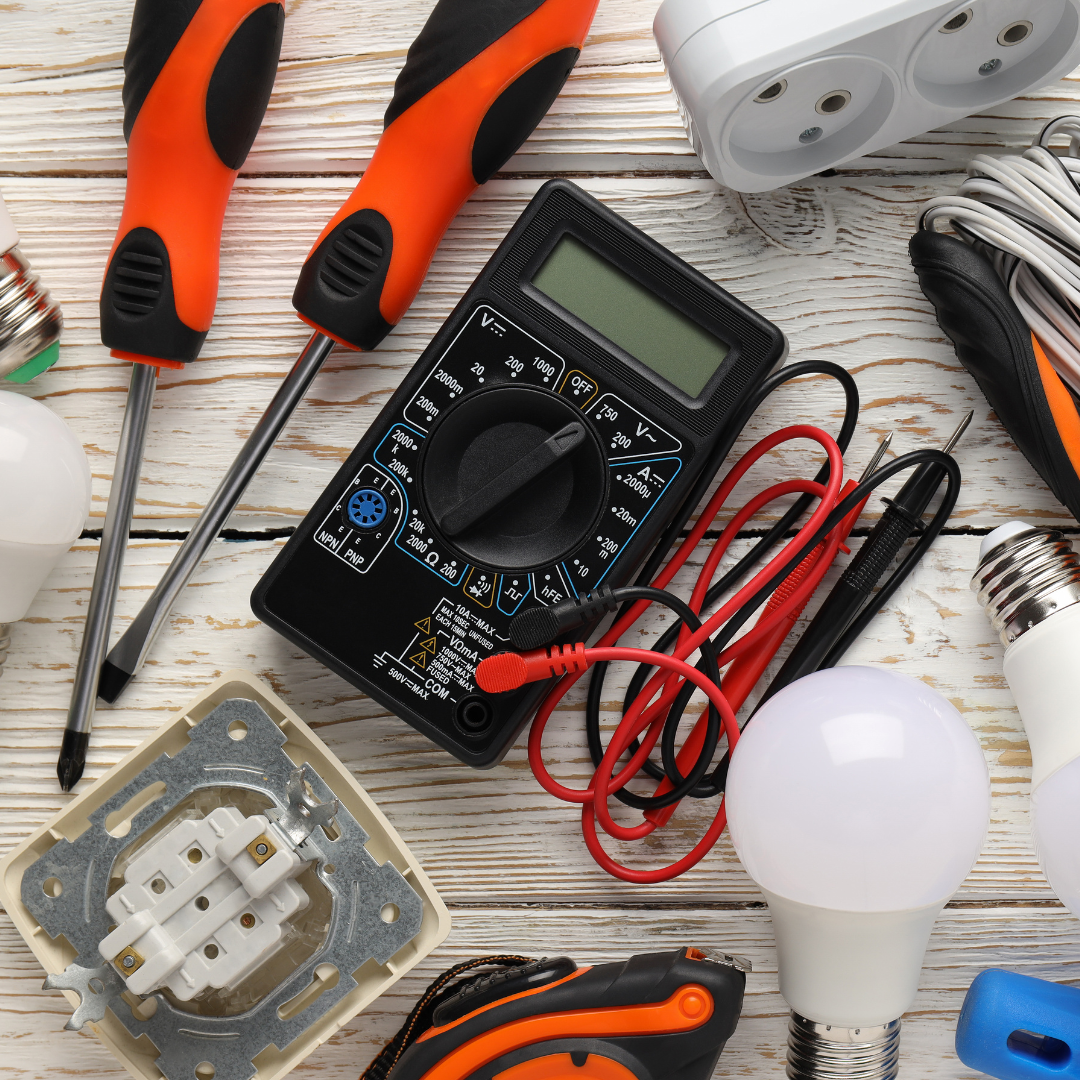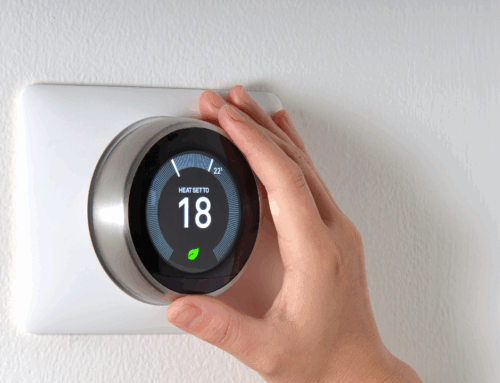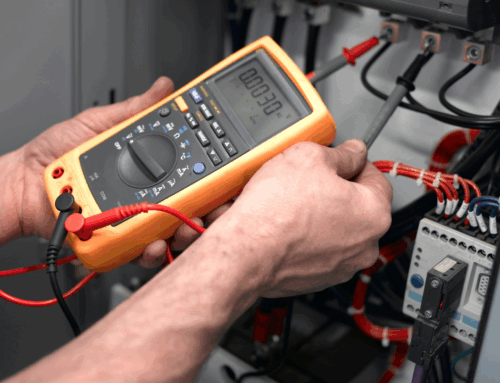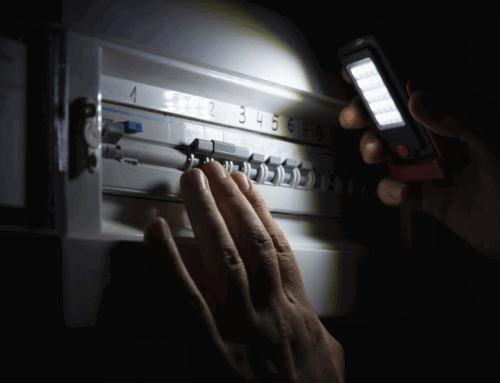Ensuring electrical safety in your business is paramount to protecting both your staff and customers, as well as safeguarding your property and operations. Electrical hazards can lead to serious injuries, fires, and significant damage if not managed properly. Therefore, it is essential to implement proper safety measures to maintain a safe working environment.
1. Regular Inspections and Maintenance
One of the most important measures to ensure electrical safety is to conduct regular inspections and maintenance of your electrical systems. Over time, wear and tear on wiring, circuit boards, and other electrical components can lead to failures or hazards. Regular maintenance helps identify potential issues such as frayed wires, overloaded circuits, or faulty outlets before they become serious problems. A qualified electrician should perform these inspections to ensure compliance with safety standards and regulations.
Additionally, businesses should schedule periodic checks based on the size and complexity of their electrical systems. For example, high-risk areas with heavy machinery or high electrical demand may require more frequent inspections.
2. Properly Installed Circuit Breakers and Fuses
Circuit breakers and fuses are essential safety devices that protect your business from electrical faults, such as overloads or short circuits. These devices automatically shut down the power supply to prevent electrical fires or damage to equipment when an issue is detected. Ensure that your business is equipped with properly sized and installed circuit breakers or fuses for each area and circuit.
If any circuit breaker trips or fuse blows, it’s essential to address the root cause immediately. Continuous problems with circuit breakers or fuses may indicate deeper issues in the electrical system that need professional attention.
3. Emergency Shut-off Switches
In case of an electrical emergency, having emergency shut-off switches in place can help prevent accidents and injuries. These switches allow employees to quickly cut the power supply to specific equipment or the entire system in the event of a malfunction, fire, or other emergency situations. Emergency shut-off switches should be clearly marked and easily accessible to employees at all times.
Additionally, employees should be trained in how to use these switches effectively, ensuring a quick and safe response during an emergency.
4. Proper Grounding and Bonding
Proper grounding and bonding are essential for protecting both people and property from electrical hazards. Grounding ensures that excess electricity is safely directed into the earth, preventing the build-up of dangerous voltages. Bonding, on the other hand, connects various electrical components to ensure that they share the same electrical potential, which helps prevent electric shocks.
Having a professional electrician ensure that your business’s electrical systems are properly grounded and bonded can greatly reduce the risk of electrical shock or fire. This measure is particularly important for businesses that deal with sensitive equipment or large-scale electrical systems.
5. Clear Labeling of Electrical Panels and Circuits
Electrical panels, circuit breakers, and outlets should all be clearly labelled to ensure that employees can quickly identify circuits, switches, and outlets in an emergency. Proper labelling reduces the risk of mistakes when switching off circuits and ensures that staff can easily access the necessary areas in the event of a power failure or malfunction.
For safety, it’s also essential that electrical panels are easily accessible and not obstructed by objects. These panels should be kept in areas that are well-lit and away from areas where employees frequently pass through.
6. Training for Staff on Electrical Safety
Employee training is a crucial aspect of ensuring electrical safety within the workplace. All staff should be trained on how to handle electrical equipment safely, how to respond to electrical emergencies, and how to use safety devices like circuit breakers and shut-off switches. Training should also include identifying potential electrical hazards such as exposed wiring or damaged outlets and how to report these hazards to management.
Staff should also be informed about the importance of never attempting to fix electrical issues themselves unless they are qualified to do so. Electrical work should always be left to licensed professionals.
7. Use of Proper Electrical Equipment
To prevent electrical accidents, businesses should ensure that only approved and certified electrical equipment is used in the workplace. All electrical tools and appliances should meet the necessary safety standards and be maintained regularly. Extension cords, power strips, and other temporary solutions should be used with caution, as they can pose fire risks if overused or damaged.
Employees should also be made aware of the risks associated with improper use of electrical equipment. For example, overloading power strips or using electrical appliances with frayed wires can create fire hazards.
8. Installation of Surge Protectors
Power surges can occur due to lightning strikes, power grid fluctuations, or equipment malfunctions. These surges can damage sensitive electronics and electrical systems. Installing surge protectors for critical equipment and machinery can protect them from potential damage. Surge protectors divert excess voltage safely into the ground, protecting both your property and your equipment.
9. Compliance with Electrical Regulations
Ensure that your business complies with local electrical safety regulations, such as the Health and Safety Executive (HSE) guidelines and the Electricity at Work Regulations 1989. Non-compliance with these regulations can lead to hefty fines, legal issues, and safety violations.
Engaging a qualified electrician to assess your business and confirm that your electrical systems meet all regulatory requirements is vital for long-term safety and operational efficiency.
Electrical safety measures are essential to protect your business, employees, and customers from potential hazards. Regular inspections, properly installed circuit breakers, grounding, and employee training are just a few steps that can prevent accidents and ensure compliance with safety standards. By implementing these electrical safety measures, businesses can avoid costly repairs, minimise downtime, and create a safer, more efficient work environment. Prioritising electrical safety is not just a legal requirement—it is a vital investment in the future of your business.







Leave A Comment